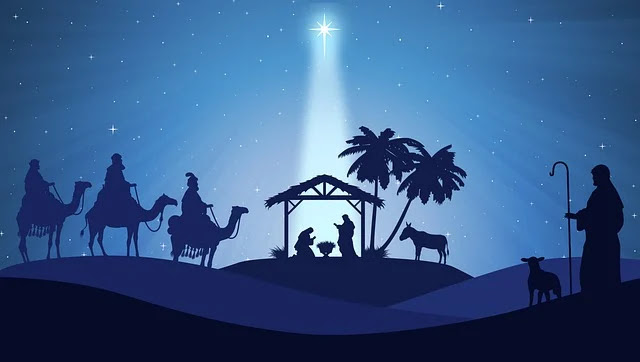Marianna Basmanova
Иосиф Бродский
(1940-1996)
М. Б.
Дорогая, я вышел
сегодня из дому поздно вечером
подышать свежим воздухом, веющим с океана.
Закат догорал в партере китайским веером,
и туча клубилась, как крышка концертного фортепьяно.
Четверть века
назад ты питала пристрастье к люля и к финикам,
рисовала тушью в блокноте, немножко пела,
развлекалась со мной; но потом сошлась с инженером-химиком
и, судя по письмам, чудовищно поглупела.
Теперь тебя видят
в церквях в провинции и в метрополии
на панихидах по общим друзьям, идущих теперь сплошною
чередой; и я рад, что на свете есть расстоянья более
немыслимые, чем между тобой и мною.
Не пойми меня
дурно. С твоим голосом, телом, именем
ничего уже больше не связано; никто их не уничтожил,
но забыть одну жизнь — человеку нужна, как минимум,
еще одна жизнь. И я эту долю прожил.
Повезло и тебе:
где еще, кроме разве что фотографии,
ты пребудешь всегда без морщин, молода, весела, глумлива?
Ибо время, столкнувшись с памятью, узнает о своем бесправии.
Я курю в темноте и вдыхаю гнилье отлива.
1989
d
Literary
Translation/Adaptation by U.R. Bowie
M.B.
(Maritime Breeze)
Today in late evening, my dear,
I departed the house
to take in a breath of fresh air
blowing in from the sea.
Like a fan made in China
the sunset burned out
thereabouts,
a dark cloud loomed high,
like the lid on a concert piano
gone soundless, sans glee.
Back twenty-five years in our past
you had a passion for kebabs and
Senegal dates;
in notebook sad sketches in ink
you amassed,
did a bit of sorry singing of
songs,
and gadded around with me, we were
mates.
But then you took up with a
chemical engineer,
and, judging by the letters you
wrote,
went monstrously dim in the
noodle, my dear.
You’re much to be seen these days
in the churches,
provincial ones and big-city-wise,
at funerals of our mutual friends,
who’ve kicked up their toes, depersonalized;
and I’m glad on the earth there
are distances
more fathomless, more steeped in
sheer rue,
than the ones that separate mere
us,
mere me, and a sea, from mere you.
But don’t get me wrong,
misunderstood:
no connections are left with your
voice,
with your body and name,
personhood;
no one destroyed them,
but to get fully shed of one life
a man needs one more life to
accrue;
and that still one more life
I’ve now made my way through.
And you yourself are lucky, you
know;
where else but in snapshots
will you live free of wrinkles,
still young and merry, smirkingly
aglow?
For when time collides with
memory,
time learns it must in impotence
abide.
I smoke in the darkness, inhaling
the rot of the beach at low tide.










